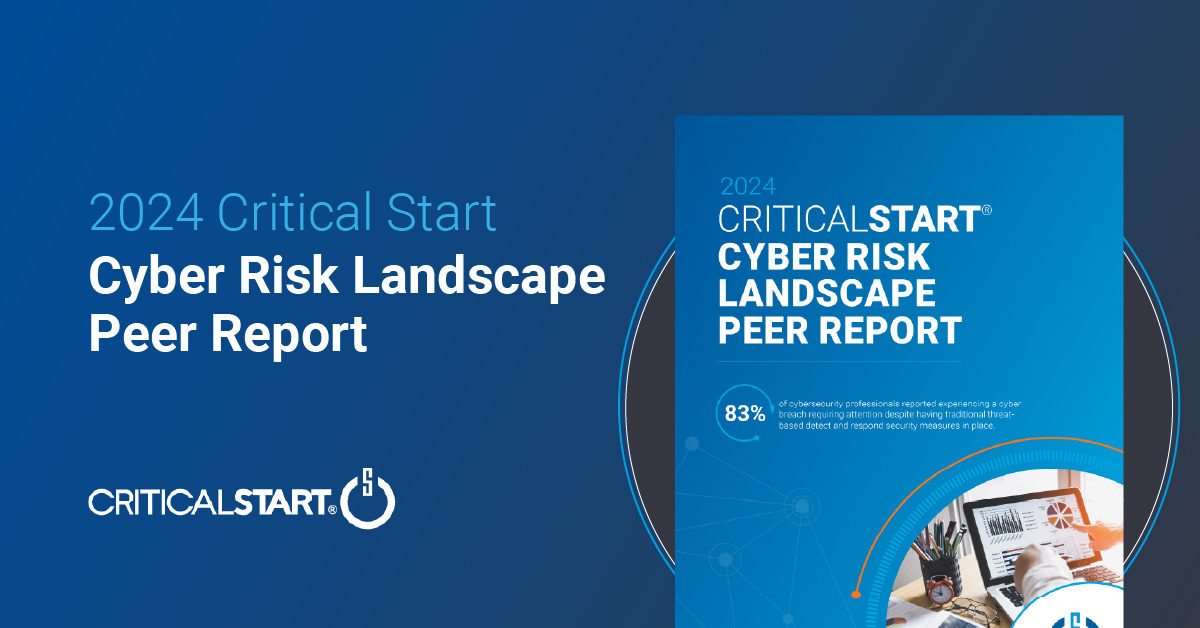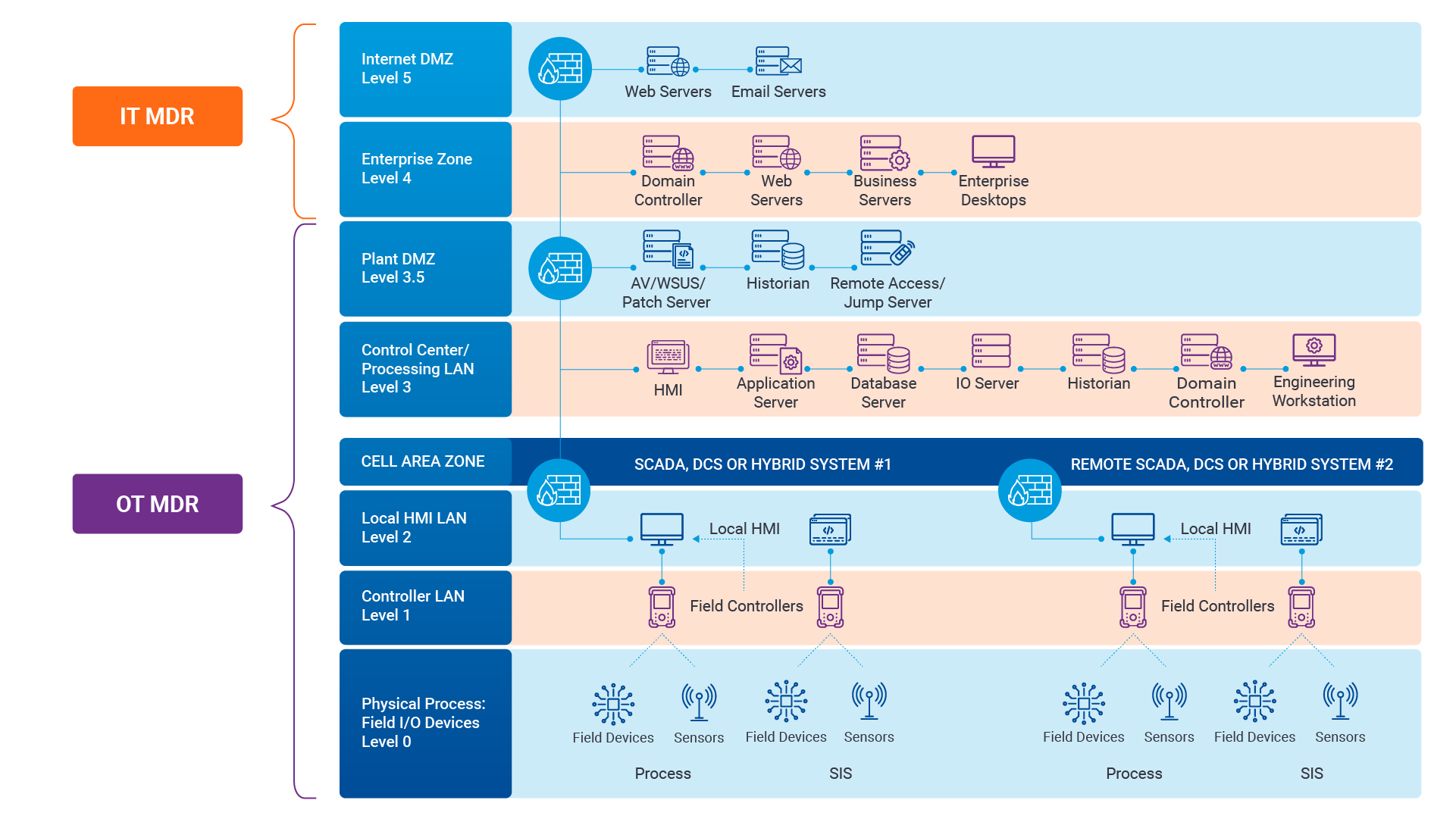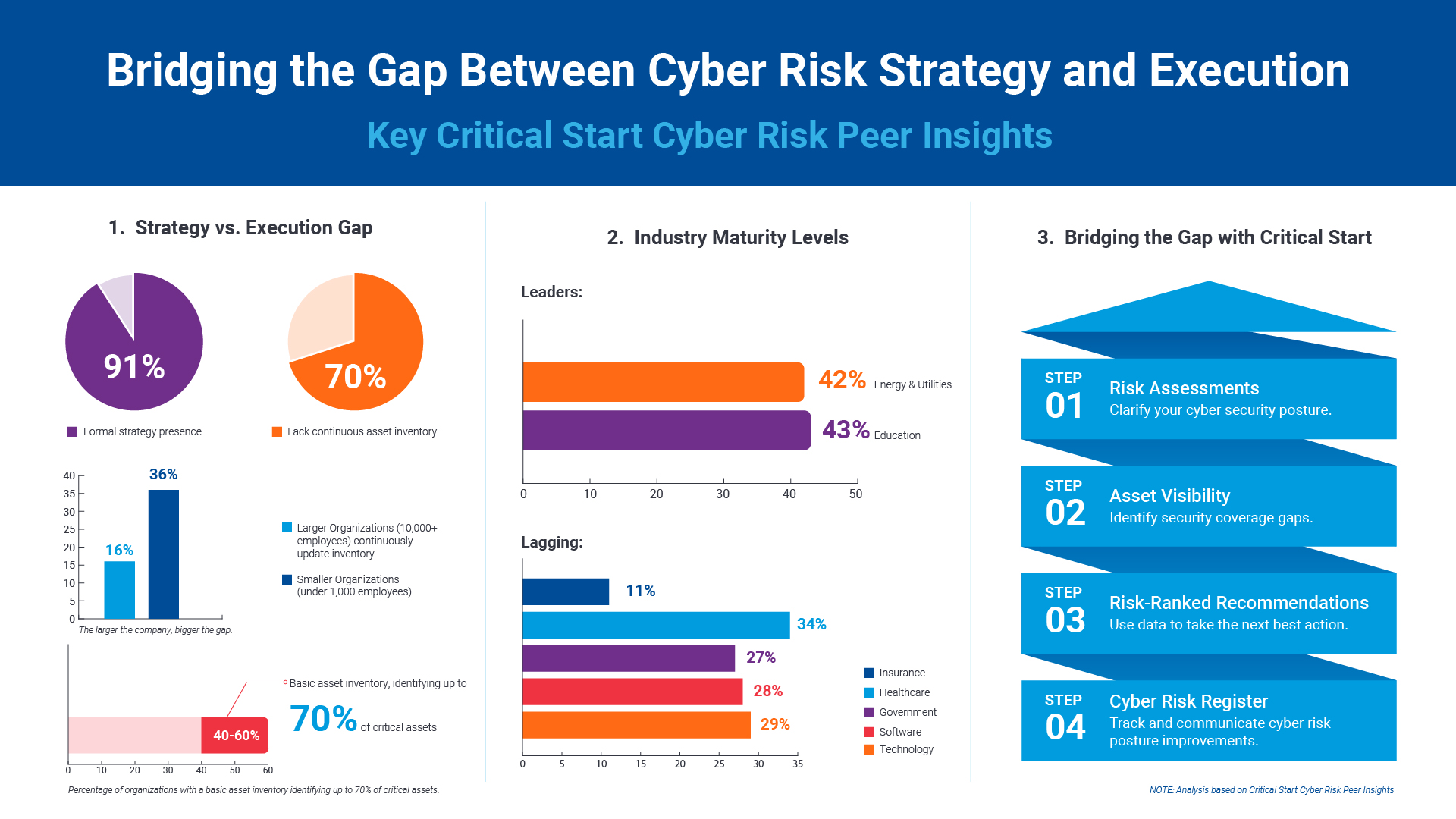Written by Sean Lyngaas of CyberScoop
In April, security researcher Rich Mirch got a text from a friend who had just switched to a new wireless router and was raving about its high-speed internet. You have to try it, the friend told Mirch.
Curious, Mirch downloaded the router’s firmware and started picking it apart. He found that the device, made by an obscure Canada-based company called MoFi Network, had multiple password-related vulnerabilities packed into its code.
But Mirch wanted to delve deeper. So the senior adversarial engineer at Texas-based security firm CRITICALSTART ordered the router online and rolled up his sleeves. He ended up finding 10 previously undisclosed vulnerabilities in the device that, if exploited, could allow attackers to steal passwords and data from networks running the vulnerable routers, including VPN credentials and API keys.
“Some of these vulnerabilities have probably existed since 2015,” said Mirch, who published his findings on Wednesday.
The research points to a longstanding yet unresolved issue: how to incentivize security among vendors who sell routers in a market that prizes affordability and convenience. It’s not just MoFi: in the last three months, security experts have found critical bugs in routers made by other vendors that have struggled, or even declined, to provide patches for them. The issue has only gotten more pressing as the pandemic caused by the coronavirus has enforced an indefinite work-from-home routine for countless corporations.
In MoFi’s case, the remediation process is not yet complete, according to Mirch. The company initially fixed some of the vulnerabilities, but it also introduced new bugs when it updated the firmware, he said. Those includes a vulnerability that could allow an attacker to remotely inject code on a device. In correspondence with Mirch reviewed by CyberScoop, a MoFi engineer argued that the remote access features the company introduced were necessary for customer support.
MoFi did not respond to phone calls, emails and Facebook messages seeking comment. As of this writing, four of the vulnerabilities that Mirch found haven’t been addressed, he said.
MoFi also argued that the routers were configured in a way that did not expose them to the public internet. But as of Wednesday, Mirch had found 6,800 MoFi devices in Shodan, the search engine for internet-connected devices. That number had been as high as 14,000 in June, Mirch said, before the device owners apparently began quietly addressing the issue.
Our TEAMARES:
CRITICALSTART’s TEAMARES is comprised of professionals with more than a decade of experience conducting offensive and defensive security services. Our team has expertise in a wide array of industries, including oil and gas, healthcare, app development firms, hospitality, technology, and more.
Follow us on Twitter @TeamAresSec and @CRITICALSTART to stay up to date on vulnerability discoveries and cybersecurity news.
Featured in CyberScoop | September 2, 2020
![]()
Transform Vulnerability Management: How Critical Start & Qualys Reduce Cyber Risk
In a recent webinar co-hosted by Qualys and Critical Start, experts from both organizations discusse...![]()
H2 2024 Cyber Threat Intelligence Report: Key Takeaways for Security Leaders
In a recent Critical Start webinar, cyber threat intelligence experts shared key findings from the H...![]()
Bridging the Cybersecurity Skills Gap with Critical Start’s MDR Expertise
During a recent webinar hosted by CyberEdge, Steven Rosenthal, Director of Product Management at Cri...![]()
2024: The Cybersecurity Year in Review
A CISO’s Perspective on the Evolving Threat Landscape and Strategic Response Introduction 2024 has...![]()
Modern MDR That Adapts to Your Needs: Tailored, Flexible Security for Today’s Threats
Every organization faces unique challenges in today’s dynamic threat landscape. Whether you’re m...![]()
Achieving Cyber Resilience with Integrated Threat Exposure Management
Welcome to the third and final installment of our three-part series Driving Cyber Resilience with Hu...Why Remote Containment and Active Response Are Non-Negotiables in MDR
You Don’t Have to Settle for MDR That Sucks Welcome to the second installment of our three-part bl...![]()
Choosing the Right MDR Solution: The Key to Peace of Mind and Operational Continuity
Imagine this: an attacker breaches your network, and while traditional defenses scramble to catch up...![]()
Redefining Cybersecurity Operations: How New Cyber Operations Risk & Response™ (CORR) platform Features Deliver Unmatched Efficiency and Risk Mitigation
The latest Cyber Operations Risk & Response™ (CORR) platform release introduces groundbreaking...![]()
The Rising Importance of Human Expertise in Cybersecurity
Welcome to Part 1 of our three-part series, Driving Cyber Resilience with Human-Driven MDR: Insights...![]()
Achieving True Protection with Complete Signal Coverage
Cybersecurity professionals know all too well that visibility into potential threats is no longer a ...![]()
Beyond Traditional MDR: Why Modern Organizations Need Advanced Threat Detection
You Don’t Have to Settle for MDR That Sucks Frustrated with the conventional security measures pro...The Power of Human-Driven Cybersecurity: Why Automation Alone Isn’t Enough
Cyber threats are increasingly sophisticated, and bad actors are attacking organizations with greate...Importance of SOC Signal Assurance in MDR Solutions
In the dynamic and increasingly complex field of cybersecurity, ensuring the efficiency and effectiv...The Hidden Risks: Unmonitored Assets and Their Impact on MDR Effectiveness
In the realm of cybersecurity, the effectiveness of Managed Detection and Response (MDR) services hi...![]()
The Need for Symbiotic Cybersecurity Strategies | Part 2: Integrating Proactive Security Intelligence into MDR
In Part 1 of this series, The Need for Symbiotic Cybersecurity Strategies, we explored the critical ...Finding the Right Candidate for Digital Forensics and Incident Response: What to Ask and Why During an Interview
So, you’re looking to add a digital forensics and incident response (DFIR) expert to your team. Gr...![]()
The Need for Symbiotic Cybersecurity Strategies | Part I
Since the 1980s, Detect and Respond cybersecurity solutions have evolved in response to emerging cyb...![]()
Critical Start H1 2024 Cyber Threat Intelligence Report
Critical Start is thrilled to announce the release of the Critical Start H1 2024 Cyber Threat Intell...![]()
Now Available! Critical Start Vulnerability Prioritization – Your Answer to Preemptive Cyber Defense.
Organizations understand that effective vulnerability management is critical to reducing their cyber...![]()
Recruiter phishing leads to more_eggs infection
With additional investigative and analytical contributions by Kevin Olson, Principal Security Analys...![]()
2024 Critical Start Cyber Risk Landscape Peer Report Now Available
We are excited to announce the release of the 2024 Critical Start Cyber Risk Landscape Peer Report, ...Critical Start Managed XDR Webinar — Increase Threat Protection, Reduce Risk, and Optimize Operational Costs
Did you miss our recent webinar, Stop Drowning in Logs: How Tailored Log Management and Premier Thre...Pulling the Unified Audit Log
During a Business Email Compromise (BEC) investigation, one of the most valuable logs is the Unified...![]()
Set Your Organization Up for Risk Reduction with the Critical Start Vulnerability Management Service
With cyber threats and vulnerabilities constantly evolving, it’s essential that organizations take...![]()
Announcing the Latest Cyber Threat Intelligence Report: Unveiling the New FakeBat Variant
Critical Start announces the release of its latest Cyber Threat Intelligence Report, focusing on a f...Cyber Risk Registers, Risk Dashboards, and Risk Lifecycle Management for Improved Risk Reduction
Just one of the daunting tasks Chief Information Security Officers (CISOs) face is identifying, trac...![]()
Beyond SIEM: Elevate Your Threat Protection with a Seamless User Experience
Unraveling Cybersecurity Challenges In our recent webinar, Beyond SIEM: Elevating Threat Prote...![]()
Navigating the Convergence of IT and OT Security to Monitor and Prevent Cyberattacks in Industrial Environments
The blog Mitigating Industry 4.0 Cyber Risks discussed how the continual digitization of the manufac...![]()
Critical Start Cyber Risk Peer Insights – Strategy vs. Execution
Effective cyber risk management is more crucial than ever for organizations across all industries. C...![]() Press Release
Press ReleaseCritical Start Named a Major Player in IDC MarketScape for Emerging Managed Detection and Response Services 2024
Critical Start is proud to be recognized as a Major Player in the IDC MarketScape: Worldwide Emergin...Introducing Free Quick Start Cyber Risk Assessments with Peer Benchmark Data
We asked industry leaders to name some of their biggest struggles around cyber risk, and they answer...Efficient Incident Response: Extracting and Analyzing Veeam .vbk Files for Forensic Analysis
Introduction Incident response requires a forensic analysis of available evidence from hosts and oth...![]()
Mitigating Industry 4.0 Cyber Risks
As the manufacturing industry progresses through the stages of the Fourth Industrial Revolution, fro...![]()
CISO Perspective with George Jones: Building a Resilient Vulnerability Management Program
In the evolving landscape of cybersecurity, the significance of vulnerability management cannot be o...![]()
Navigating the Cyber World: Understanding Risks, Vulnerabilities, and Threats
Cyber risks, cyber threats, and cyber vulnerabilities are closely related concepts, but each plays a...The Next Evolution in Cybersecurity — Combining Proactive and Reactive Controls for Superior Risk Management
Evolve Your Cybersecurity Program to a balanced approach that prioritizes both Reactive and Proactiv...![]()
CISO Perspective with George Jones: The Top 10 Metrics for Evaluating Asset Visibility Programs
Organizations face a multitude of threats ranging from sophisticated cyberattacks to regulatory comp...![]()
5 Signs Your MDR Isn’t Working — and What to Do About It
Are you confident your MDR is actually reducing risk? If so, how confident? According to recent indu...![]() Datasheet
DatasheetSecurity Services for SIEM
Critical Start’s Security Services for SIEM combines Managed SIEM and MDR for SIEM to deliver ...![]()
Building a Future-Proof Security Stack with Flexible MDR
Technology evolves. Organizations grow. But is your cybersecurity strategy keeping up? Come on; be h...
Newsletter Signup
Stay up-to-date on the latest resources and news from CRITICALSTART.
Thanks for signing up!




























